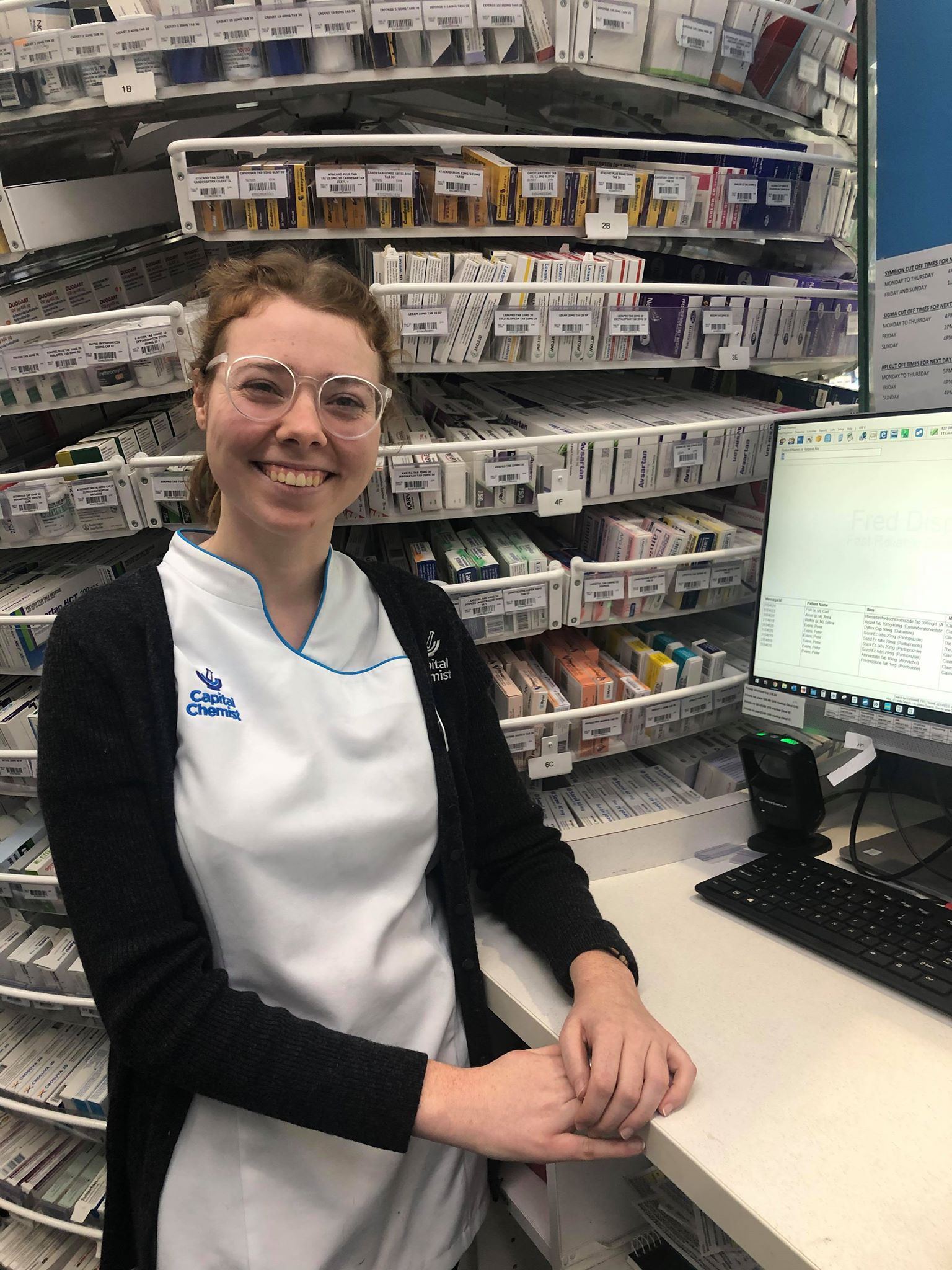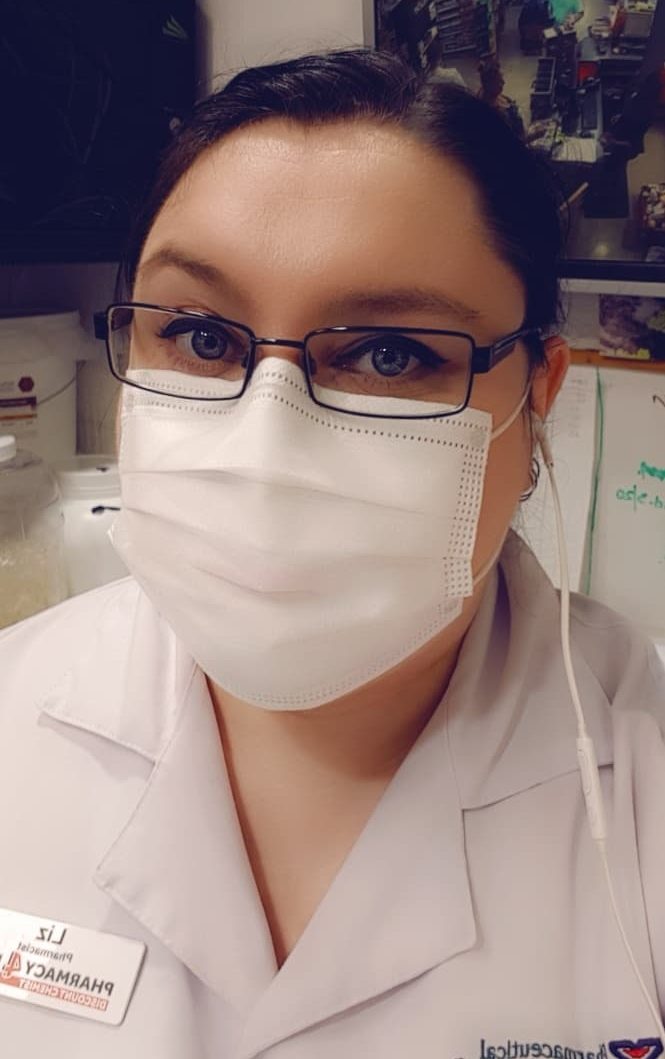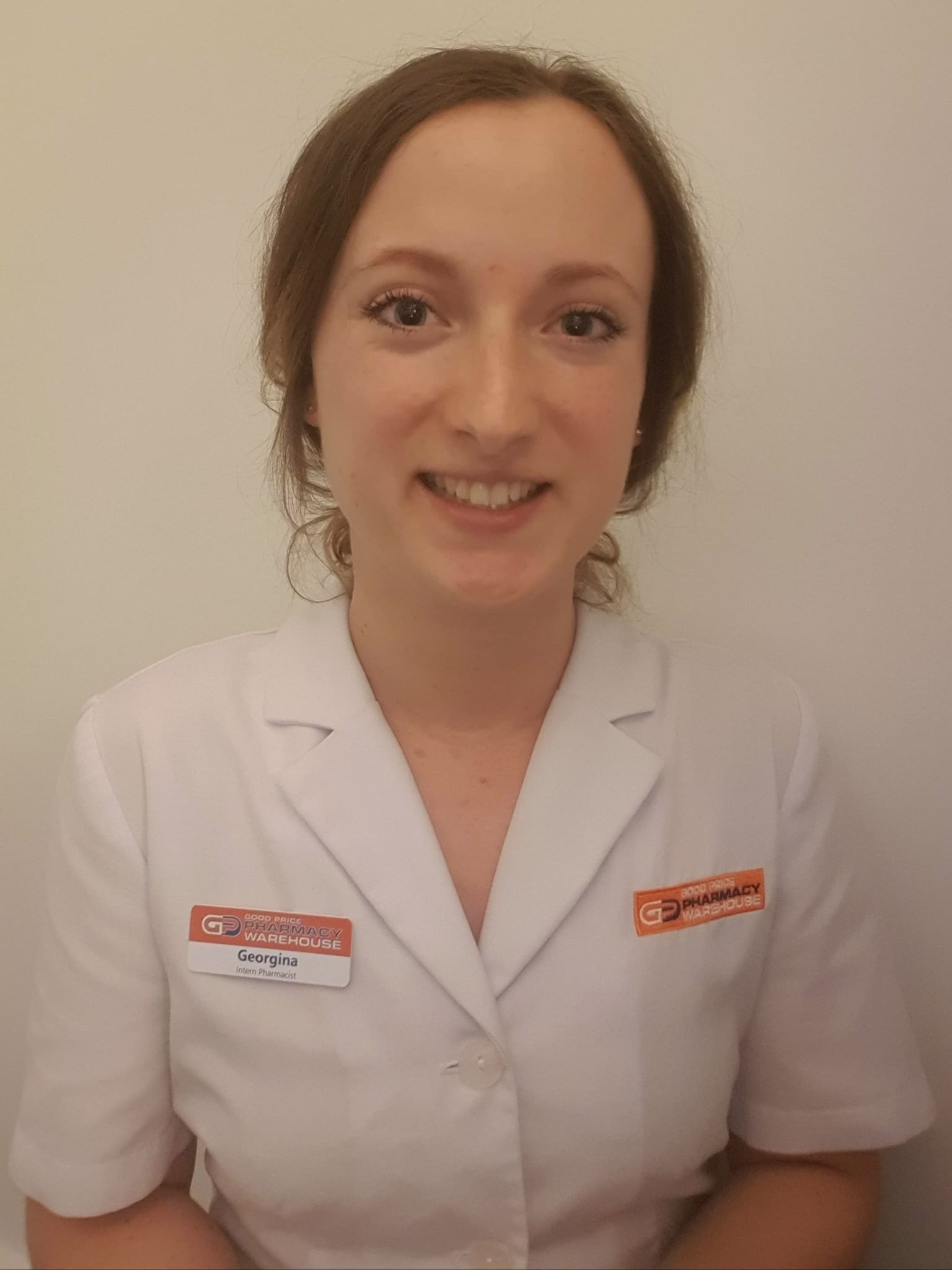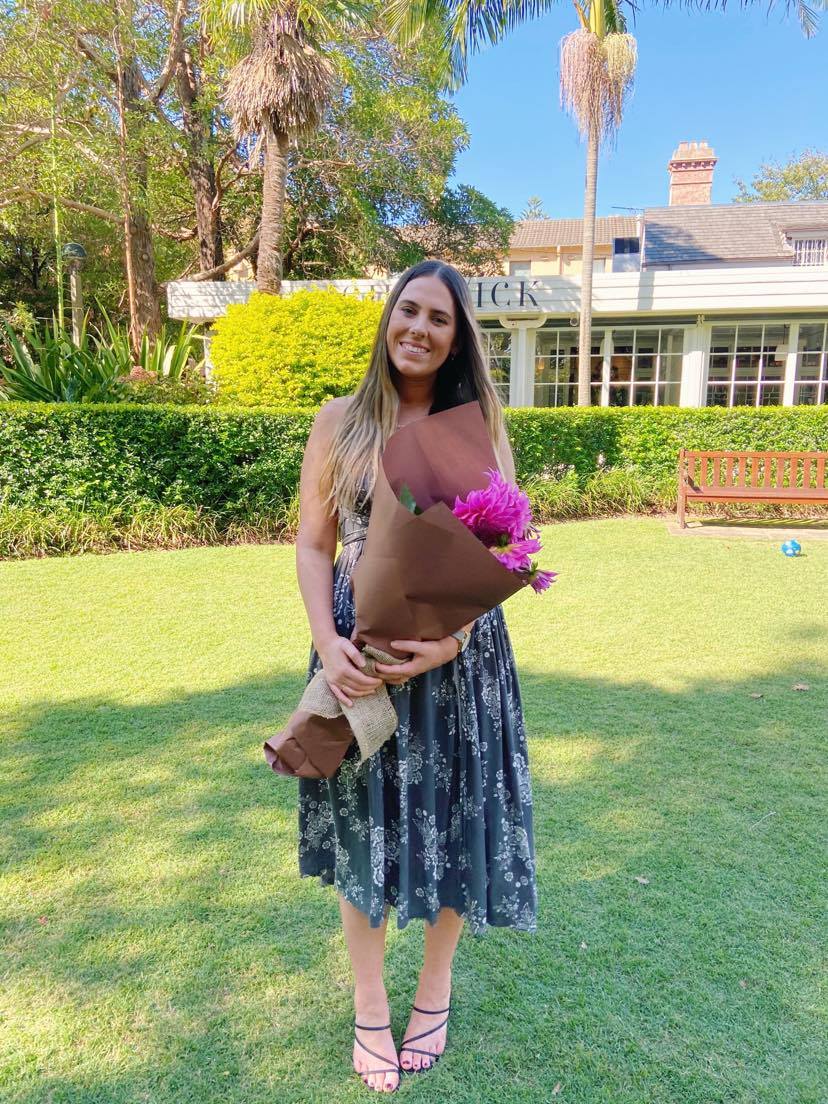For PSA’s latest information, updates and advice on the novel coronavirus outbreak, click here.
Juggling study and full-time work as an intern pharmacist is always challenging, but add a global pandemic and things become more difficult.
For Erin Cooper, life as an intern at Capital Chemist Wanniassa in the ACT was just beginning to get back to normal after the fire season when the COVID-19 pandemic hit.
‘I moved to Canberra [from Orange in New South Wales] for my internship in January, and I started in the middle of the bushfires,’ Ms Cooper told Australian Pharmacist.

‘It had calmed down a bit and I was getting into the swing of things before everything changed quite dramatically due to the coronavirus.’
Not only was there a sharp increase in the number of customers, but the way the store operated changed – and continues to.
‘With all the changing restrictions, we’d get used to one thing and then another change would be implemented,’ she said.
‘We’re now working in split teams, so that changes who we’re working with, and communication has been a bit difficult.’
Ms Cooper said she and the other intern she works with are lucky as the pharmacy is open from 7 am until 9 pm, so even with split teams they can still get the hours they need.
‘The biggest things most people are concerned about are the upcoming exams and feeling they don’t have enough time to study,’ she said.
‘We don’t know what’s happening with the exams and we’re working much more – everything is a lot crazier.’
Rising stress levels
Liz Poulter has had no trouble maintaining her hours during the pandemic. In fact, the intern at Pharmacy for Less in Blacksmiths, near Newcastle in NSW, has been working additional shifts as the small pharmacy ramps up from about 200 prescriptions per day to more than 300.

‘This has left me with no time for my learning and it has also meant less time for me to learn from my preceptor,’ Ms Poulter told AP.
‘I reached 60% of my hours and was due to do my Workplace Appraisal 2, but we haven’t had a chance.’
Ms Poulter said the combination of Intern Training Program (ITP) assignment deadlines, impending exams and the need to complete the required 1,824 hours of approved supervised practice was proving more stressful than she imagined.
‘We need help to reduce our stress levels … The intern year is stressful enough, but this is making it almost un-doable.’
Georgina Gaffney, an intern at Goodprice Pharmacy Kingston in Tasmania, agreed that the situation has put unexpected pressure on the profession’s newest members.

‘Constant legislative and professional changes and information coming from every angle is challenging for the most experienced pharmacists to keep up with, let alone for interns who haven’t even had the time to consolidate what was learnt at university,’ she said.
‘My biggest concern is the lack of opportunity to receive feedback. We get 12 months of supervised practice, and my supervising pharmacists have hardly had the time to ask how I’m going let alone have a conversation or help me prepare for assessments and exams.’
Getting the hours in
While some interns are feeling overworked, others are concerned about the impact of any self-isolation on their intern year, PSA National President Associate Professor Chris Freeman said this week.
‘Interns have particularly communicated to me a fear of the potential for repeated 14-day self-isolation periods following potential COVID-19 exposures, and the stress associated with how this impacts on their required intern hours or even ongoing employment at the end of the year,’ he said.
These concerns have been raised with the Australian Pharmacy Council and the Pharmacy Board of Australia, A/Prof Freeman said.
‘I have asked for urgent review of the requirements this year to provide the flexibility and certainty that [interns] need,’ he said.
‘It concerns me that there is not the clarity required in a time of higher than usual stress levels, and that this might exacerbate mental health concerns of our intern pharmacists.’
In recognition of the unprecedented challenges COVID-19 presents, the Pharmacy Board has agreed to a range of measures, including changes to allow interns to undertake training at a different location if they can’t be supervised at their workplace.
‘Employers of interns must continue to ensure appropriate supervision and provide interns, as much as possible, with meaningful educational clinical experiences and teaching, as well as support during what will be a challenging and difficult time,’ a statement from the Pharmacy Board reads.
‘The Board recognises that much education is likely to be “on the job” and that this pandemic will expose interns to unique clinical experiences.’
Baptism by fire
Despite the chaos and uncertainty, some interns are finding there are upsides to starting your career during a global health crisis. Alex Counsel, who is doing her intern year in community pharmacy in the ACT, is learning to think on her feet.
‘While hectic and worrying, these last few months have been an opportunity to learn how to think outside the box to ensure patient care,’ she said.
‘I have gotten a lot better at sifting through legislation and PBS protocol … and I have had more opportunities to liaise with various healthcare professionals to solve various problems with prescriptions and with stock outages.’

And for Katelyn Ingram, an intern at Royal Prince Alfred Hospital in Sydney, the pandemic has been an opportunity to learn new skills – such as how to properly put on the correct PPE to undertake an imprest in the ‘Red ICU’, which was built to deal with COVID-19 cases.
‘I’ve also been able to adapt to a variety of situations in the workplace, especially as things are chopping and changing so constantly,’ she said.
‘[However], staring down the barrel of two massive exams while not knowing if, how or when they will go ahead, is scary and trying to go home and study after a long day of serving our communities and hospitals during this time is also very hard.
‘I think ongoing support networks, and understanding from exam providers will be paramount to us getting through this year.
‘I know we are all taking solace in the fact that if we can get through our intern year with a pandemic going on, we will be able to get through anything that is thrown our way during our careers,’ Ms Ingram said.



 John Jones MPS, pharmacist immuniser and owner of My Community Pharmacy Shortland in Newcastle, NSW[/caption]
John Jones MPS, pharmacist immuniser and owner of My Community Pharmacy Shortland in Newcastle, NSW[/caption]


 Debbie Rigby FPS explaining how to correctly use different inhaler devices[/caption]
Debbie Rigby FPS explaining how to correctly use different inhaler devices[/caption]




 Professor Sepehr Shakib[/caption]
Professor Sepehr Shakib[/caption]

 Lee McLennan MPS[/caption]
Lee McLennan MPS[/caption]
 Dr Natalie Soulsby FPS, Adv Prac Pharm[/caption]
Dr Natalie Soulsby FPS, Adv Prac Pharm[/caption]
 Joanne Gross MPS[/caption]
Joanne Gross MPS[/caption]





